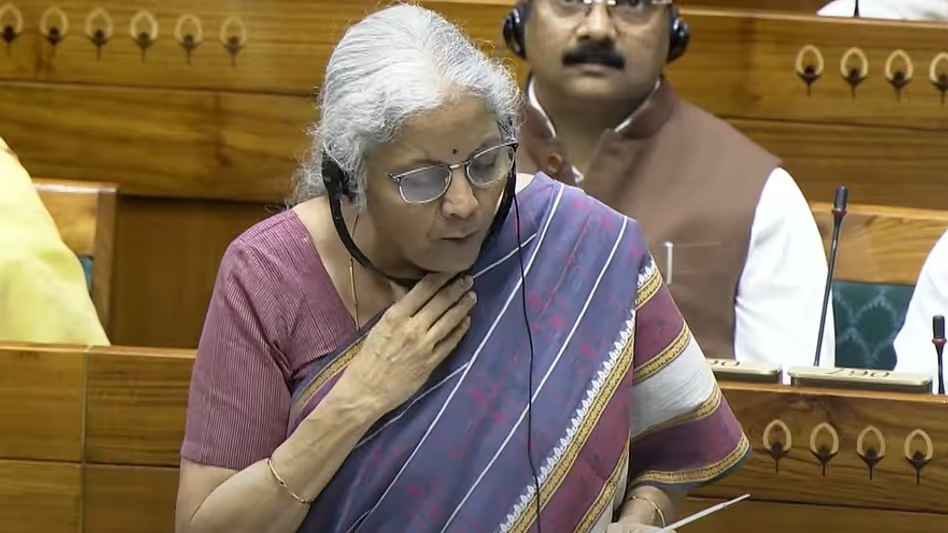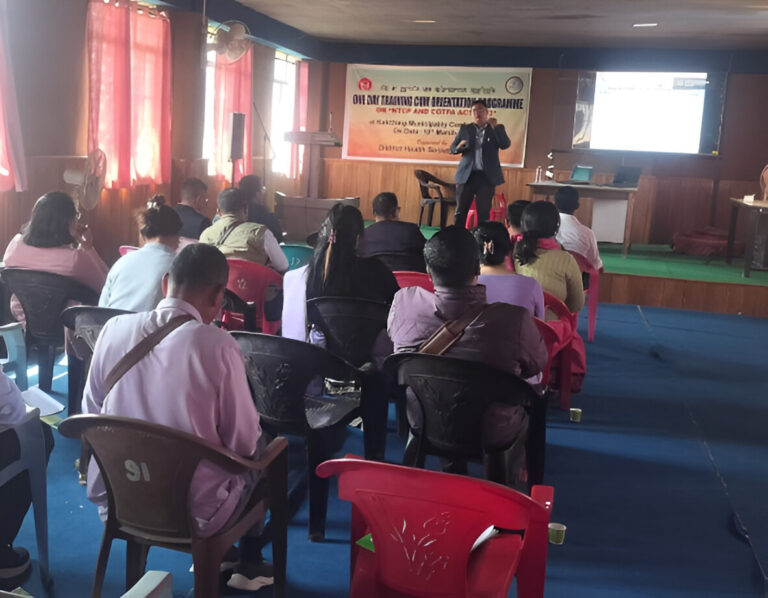LOK SABHA CLEARS KEY BILLS TO SUSTAIN GOVERNANCE IN MANIPUR UNDER PRESIDENT’S RULE
Summary
The Lok Sabha on August 7, 2025, passed two pivotal bills to ensure Manipur’s administrative and financial continuity during President’s Rule. First, the Manipur Goods and Services Tax (Amendment) Bill, 2025 was approved to replace an interim ordinance and align Manipur’s GST framework with recent GST Council decisions—thereby safeguarding the state’s revenue collection mechanism . Second, the Manipur Appropriation (No.2) Bill, 2025 authorises withdrawals from the Consolidated Fund of the State for the 2025–26 fiscal year, allocating an additional ₹2,898 crore (including ₹1,667 crore for capital expenditure). Significant portions—₹523 crore for displaced residents’ rehabilitation and ₹542 crore for security enhancements—underscore the Centre’s focus on restoring normalcy in the violence-affected region.
Long-form Article
Introduction: A Critical Juncture for Manipur
Have you ever wondered what keeps a state ticking when its own government is on pause? Imagine a clock that suddenly loses its mainspring—without an external power source, it’s destined to stop. In India’s federal tapestry, President’s Rule acts like that external power source, ensuring the gears of governance keep turning when a state assembly is non-functional. For Manipur, a state grappling with unrest and administrative vacuum, the Lok Sabha’s swift action on August 7, 2025, was that vital spark—passing two legislative measures to maintain both financial stability and administrative momentum.
The Manipur GST Amendment Bill, 2025
Why an Amendment Was Necessary
Under normal circumstances, amendments to a state’s GST laws would be debated and ratified in the state assembly. But with Manipur’s legislature suspended, an ordinance was initially promulgated to bridge the gap. Ordinances, however, are temporary measures, valid only for a limited period. To avoid a legal limbo in revenue collection, the Lok Sabha stepped in with the Manipur Goods and Services Tax (Amendment) Bill, 2025—transforming that temporary ordinance into a robust statutory framework
Key Provisions
- Alignment with GST Council Decisions: The amendment incorporates rate adjustments and compliance protocols approved by the GST Council.
- Revenue Continuity: Ensures uninterrupted collection of state GST on goods and services, safeguarding Manipur’s primary revenue source.
- Legal Certainty: Replaces the ordinance with a permanent law, removing any ambiguity over the state’s taxing powers.
Union Finance Minister Nirmala Sitharaman stressed the urgency: “Without this amendment, Manipur’s ability to implement GST changes and collect revenues would be severely impacted.” That’s akin to patching a crucial pipeline before pressure builds and it bursts.
The Manipur Appropriation (No.2) Bill, 2025
Bridging the Fiscal Gap
Next up was the Manipur Appropriation (No.2) Bill, 2025, authorising the withdrawal of funds from the state’s Consolidated Fund—effectively replenishing the state exchequer for ongoing and upcoming expenses in the 2025–26 financial year
Breakdown of Allocations
- Total Additional Allocation: ₹2,898 crore
- Capital Expenditure: ₹1,667 crore
- Rehabilitation of Displaced Residents: ₹523 crore
- Security Enhancement: ₹542 crore
Think of these allocations as strategic fuel: capital expenditure for infrastructure and development, rehabilitation funds as humanitarian relief, and security funds as the guard rails essential for restoring order.
Rehabilitation Efforts for Displaced Residents
Manipur has witnessed communal clashes displacing thousands. Allocating ₹523 crore to relief camps isn’t just accounting—it’s a lifeline. Funds will provide shelter, food, medical care, and psycho-social support, helping families rebuild amid uncertainty.
Security Bolstering in a Violence-Affected State
With ₹542 crore earmarked for security, the Centre aims to strengthen policing, intelligence gathering, and community outreach. These measures are designed to stem violence, deter future clashes, and lay the groundwork for long-term peace.
Conclusion: A Balancing Act
In turbulent times, governance demands both speed and sensitivity. The Lok Sabha’s decisive action on August 7, 2025, exemplifies how constitutional mechanisms can bridge administrative gaps. But true stability hinges on a return to elected governance—underscoring the delicate balance between central intervention and democratic norms.
Frequently Asked Questions
- What triggers President’s Rule in an Indian state?
President’s Rule is invoked under Article 356 when a state government cannot function according to constitutional provisions, often due to political instability or breakdown of law and order. - Why was an ordinance not sufficient for Manipur’s GST changes?
Ordinances are temporary measures valid for six months; the GST Amendment Bill provides permanent legislative backing to ensure uninterrupted revenue collection - How will the ₹523 crore rehabilitation fund be utilized?
Funds will support displaced residents through relief camps, covering essentials like shelter, food, healthcare, and rehabilitation programs. - What is the significance of capital expenditure allocation in the Appropriation Bill?
Capital expenditure (₹1,667 crore) fuels infrastructure projects—roads, schools, healthcare facilities—crucial for long-term economic growth and stability. - When can Manipur expect a return to normal democratic governance?
Once the Election Commission schedules and conducts state elections, a new legislative assembly will form, ending President’s Rule and restoring full democratic governance.





